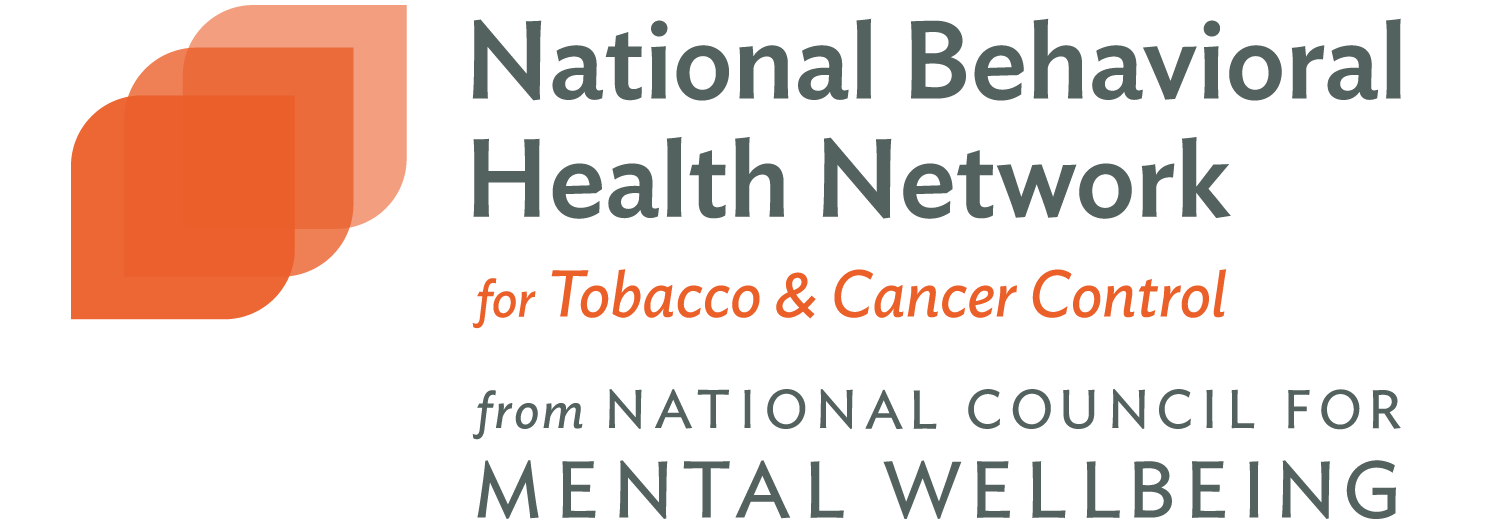
- This event has passed.
Event Navigation
Health at Home: Adult Smoking and Adverse Childhood Experiences in Multi-Unit Housing
Ask the Experts Virtual Session
Date: February 17, 2017
Time: 2:30 – 4 pm ET
Hosted by: ASTHO
Register here: https://astho.az1.qualtrics.com/jfe/form/SV_0ApfM0uJNiObkot
Description:
Eliminating indoor smoking is the only way to protect nonsmokers from the harmful effects of tobacco smoke. For residents of multi-unit housing, secondhand smoke can be a major concern, as it can migrate from other units and common areas and travel through doorways, cracks in walls, electrical lines, plumbing, and ventilation systems. Secondhand smoke exposure is especially concerning for children, who are in a critical stage of development. Adverse childhood experiences (ACEs) overall also pose a serious threat on health across the life course. How does adult smoking in multi-unit housing and ACEs intersect and where are the opportunities for public health to collaborate across sectors? The perspectives across maternal and child health, tobacco prevention and control, health equity, and injury prevention will be explored through ASTHO’s Ask the Experts Virtual Session.
ASTHO has invited Dr. Camara Jones (Past APHA President), Darlene Huang (Tobacco Control Legal Consortium), and Dr. Joan Gillece (National Association of State Mental Health Program Directors) to participate on a panel moderated by Dr. Rahul Gupta (State Health Officer of West Virginia). These subject-matter experts will highlight and explore the intersection of adult smoking and ACEs with multi-unit housing, introduce the public health implications of this crossroads, and answer questions from you related to their area of expertise.
When you register, submit up to two questions that will be addressed by the speakers during the panel. The session will offer an engaging discussion among the panelists and will allow them to apply their different expertise areas to the intersections of tobacco control work with other disciplines. Participants will gain insight on how to engage stakeholders across these public health areas, implement their work with new framing, and prevent unintended consequences for disparate populations as a result of policy and program interventions.
